Are we past the need for representation in film and TV?
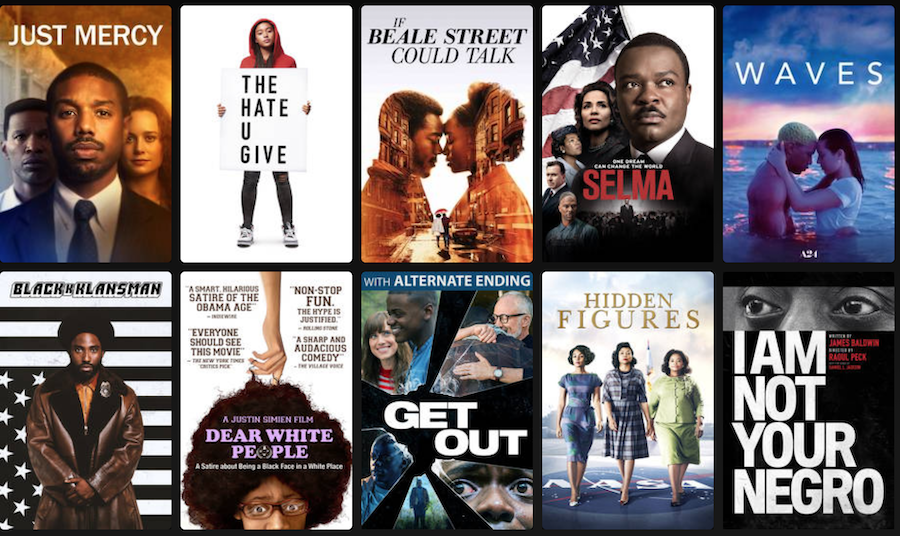
Many of us recall the first time we saw a character on screen who reminded us of ourselves, whether it be for how they looked, dressed, or acted. There is a special level of affirmation that comes with viewing yourself on screen. For racialised and marginalised groups, this feeling is scarce within mainstream media.
Whilst the film and television industry continues to shift,the tide is changing towards more representation and diversity within the mainstream media outlets. Production companies are now held to a much more rigorous standard for the percentage of “diverse” communities which they hire on their sets, but how much is this doing to ensure true representation on our screens? How long will we call for representation? Are we past the need for it?
This past month, Sex Education star and fan favourite Ncuti Gatwa was announced as the 16th Doctor in the legendary series “Doctor Who”. This announcement was celebrated by many, for creating a huge, and necessary stride in television and film. Ncuti was celebrated as the first Black, and first queer doctor that we have seen on our screens.
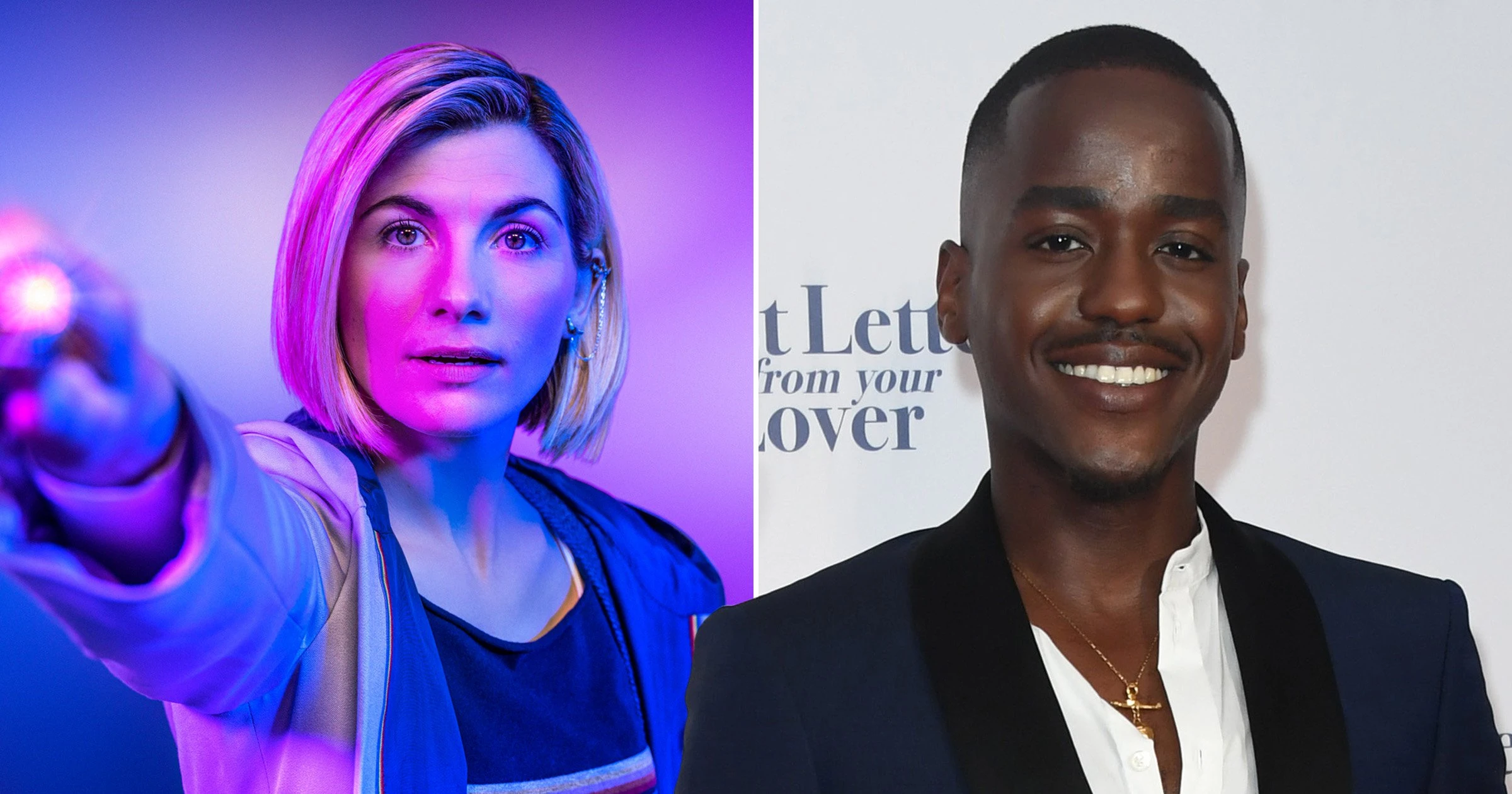
Representation has been discussed within the film and television industry since its inception. These industries were once a platform used to spread hateful and stereotypical ideas about marginalised groups. Black people were often only portrayed within a limited set of tropes, which can still be seen today on large-scale film and television.
Representation is so highly valued because of how long marginalised groups were made to feel as if they must just live without seeing themselves on screen. Token actors and directors have been used repeatedly throughout the industry to silence those who call out for greater diversity in casting. Poor casting choices are often also the discussion on social media, for example, the outcry which followed the casting of Amandla Stenberg in “The Hate U Give”. There are real and tangible ramifications of such lazy casting, especially when young children are imagining new worlds and building relationships with the characters that they engage within the literature. These characters should look like them. Casting is an incredibly important part of this industry, and this must not be ignored.
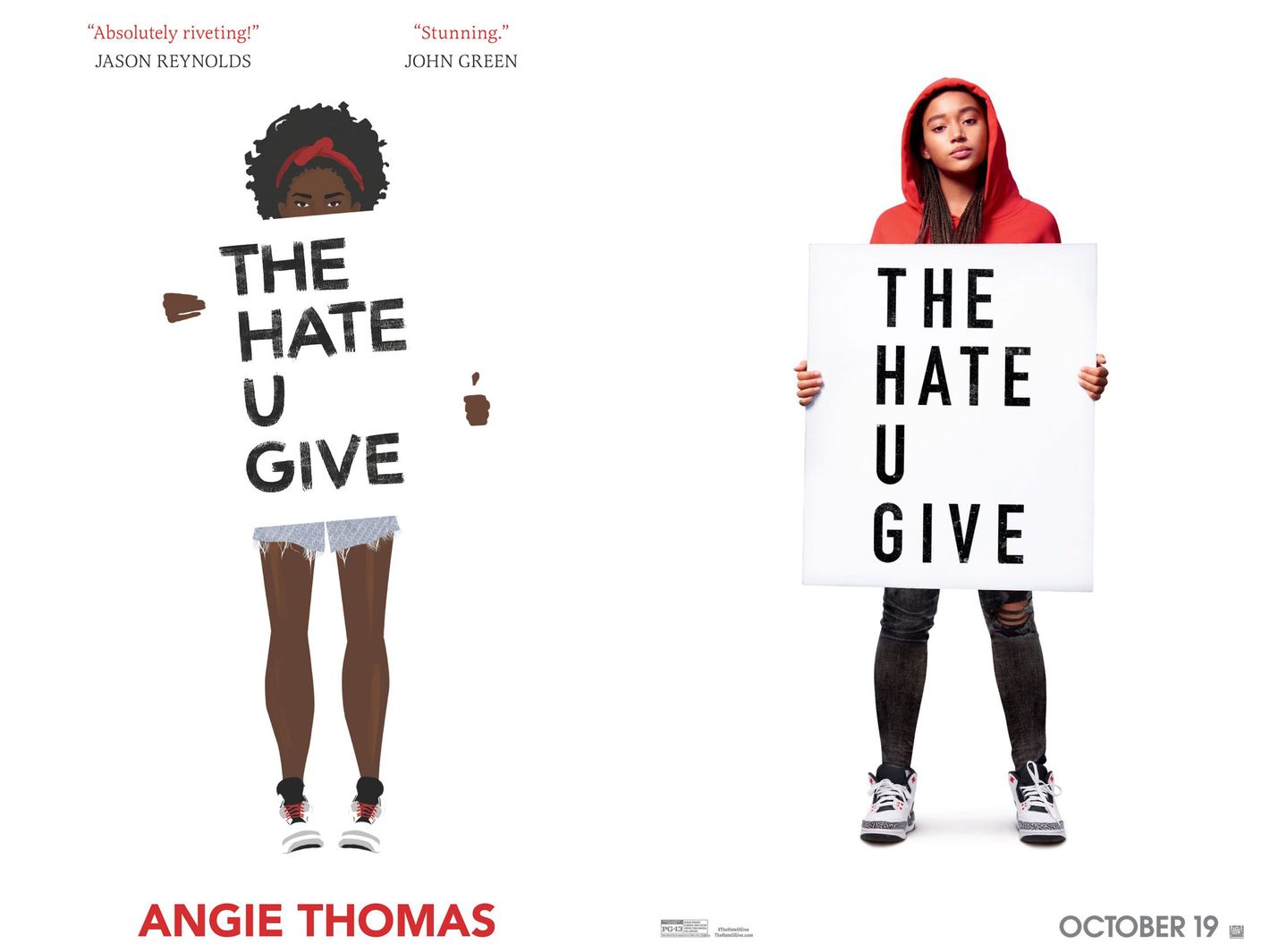
So where do we run into issues when doing things under the guise of ‘representation’? It appears as if many TV shows and films have been forced into character arcs or storylines which allude to racial injustice, and oppression, where viewers are often left feeling triggered, and these storylines are not properly attended to. Following the Black Lives Matter protests in 2020 and the return to production after the height of the COVID-19 pandemic, many widely viewed films from streaming services such as Netflix and Hulu all attempted to address the unsettling climate of racial injustice which had only been heightened during this period without a real cause or concern for the issue.
When we live in a society of ‘firsts’, it will always reproduce the idea that the big screens are not for marginalised people. And that anyone who does reach such heights or enjoy such an achievement is being welcomed into a space that is inherently not for them. The culture of firsts just further wedges a gap between “us” and “them”.
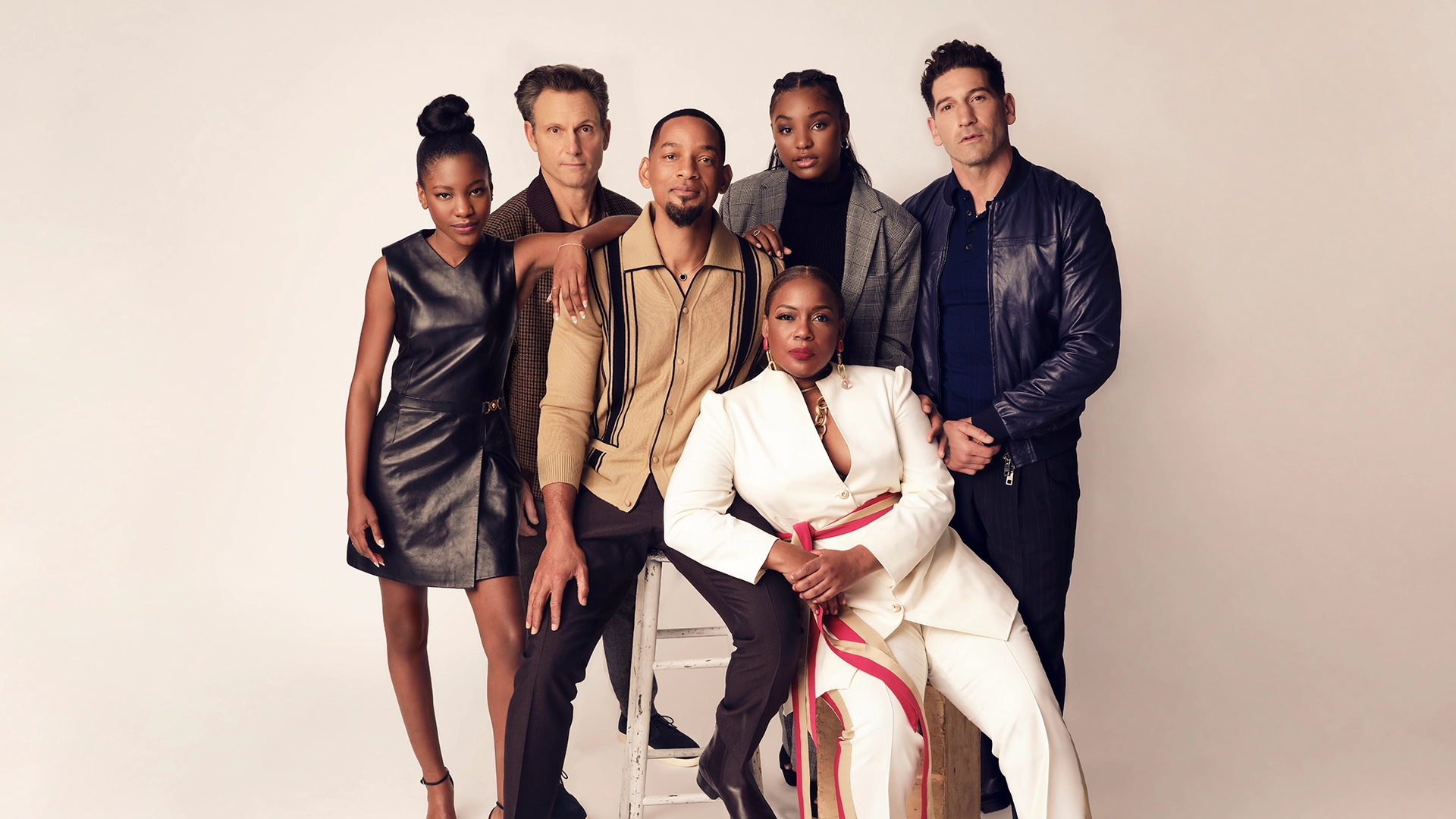
So why exactly do so many actors, directors, and producers, strive to be the first? Striving to be seen and recognised within an industry which does not fully value them or their work? We cannot ignore the value, especially financial, that those within the film and television industry gain once they are recognised by these audiences. It is all well and good to strive for a better, more inclusive system, but this cannot ignore the precarity of this industry, and just how difficult it is for those from marginalised backgrounds to find work within it.
Representation cannot so highly campaigned for that it loses its value. It feels as if this has already happened. The tokenistic inclusion of people from marginalised groups is so obvious and feels very backhanded in the ways that it manifests. It becomes difficult to engage with the art form of film, when you as the viewer know and feel that certain stories or characters were only left in order to “diversify” the set and tick the necessary boxes.
Check out the GUAP Arts & Culture section, to discover new art, film, and creative individuals.




![ZINO VINCI’S ‘FILTHY & DISGUSTING’EP BRINGS YOU TO THE CORE OF THE ARTIST [@ZinoVinci]](https://guap.co/wp-content/uploads/2023/10/Zino-4.jpg)

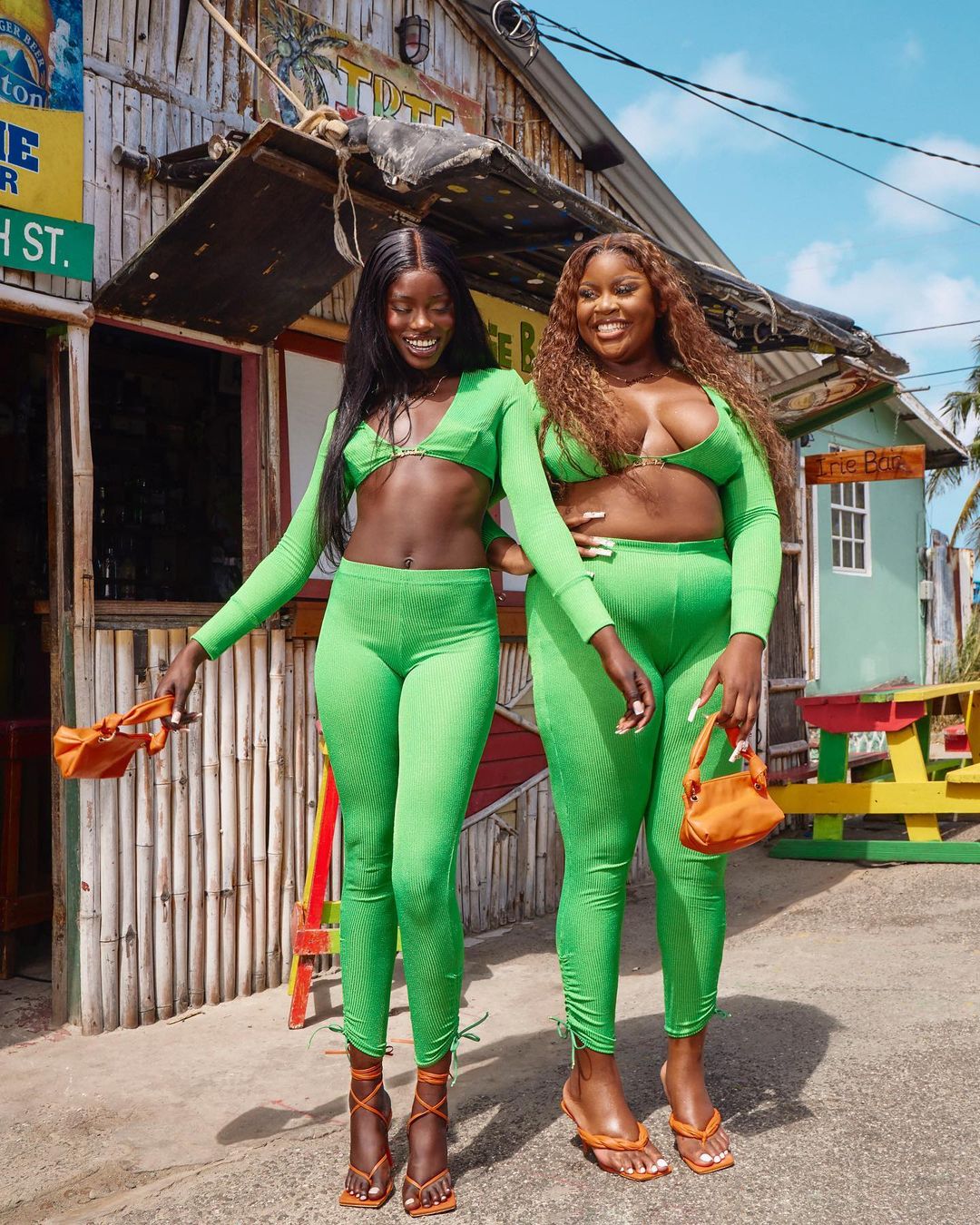
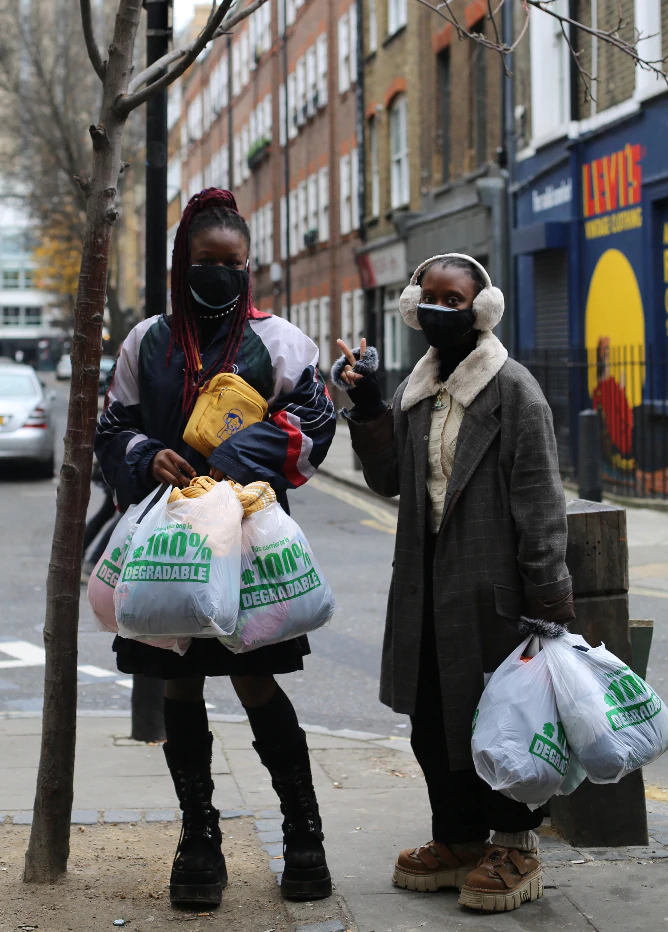


![Remel London’s [@Remel_London] “Mainstream” is a must attend for upcoming presenters!](https://guap.co/wp-content/uploads/2017/02/REMEL-LONDON-FLYER-FINAL-YELLOW-COMPLETE-1.png)